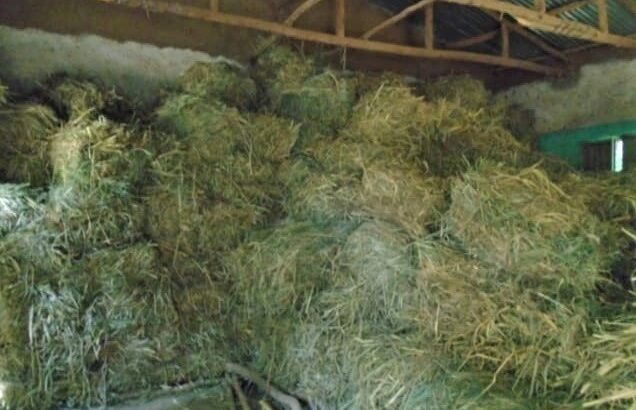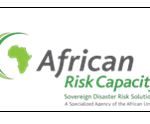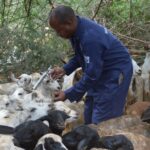Reports showed that Kenya’s economy lost about USD 3.3 billion in three years due to the effects of drought on livestock from 2008 to 2011. Somalia also reported livestock-related losses averaged at USD 1.5 billion for the period of the drought in 2017. Of these losses, the contribution of inadequate feed is substantial. However, the region has potential to produce and meet the deficiency locally, to increase milk and meat, and also to export feed to countries such as Djibouti and Somalia within the region, and to the Gulf countries. To this effect there must be coordinated efforts to address the key bottlenecks, including coordination and sharing of good practices and lessons
The virtual workshop was conducted on 1st October, 2020. The countries updated participants on the feed reserve status for emergency period in IGAD Member States, the commercialization of feed and seed production and marketing (rained and irrigated) status, key challenges and recommendations. Moreover, the implementation status of previous recommendations of the regional platform was also reviewed. The workshop was attended by participants from livestock production line ministries of IGAD Member States, some projects working on feed and resilience, NGOs, the private sector, AU-IBAR and ICPALD.
Dr. Solomon Munyua, ICPALD Director, made welcome remarks and emphasized the importance of enhancing feed security in the region. Mr. Vincent Ngari Githinji, Acting Director of Livestock Production, Ministry of Agriculture, Livestock and Fisheries-Kenya, officially opened the regional workshop. He reiterated the importance of promoting commercial production of pasture and fodder crops to cope with the increased drought frequency. The workshop participants made the following recommendations:
- Promote private sector investment on feed and seed production through continued sensitization, capacity building and advocacy.
- Advocate for policy and regulatory dialogues to develop favorable legal frameworks that will facilitate investment on commercial fodder and seed production through government incentives such as tax waiver, low interest loan facilities, purchase from producers to distribute to deficient localities amongst others.
- Facilitate South to South bilateral and regional partnerships for exchange learning of good practices in improving feed reserve, commercial fodder production and marketing.
- Facilitate development of national animal feed inventories and promote mechanization and fodder bulking in fodder deficient locations.
- Strengthen forage seed production and quality control system to improve seed availability as well as promote market linkages within countries and also internationally, through robust market information systems for fodder and seed.
- Promotion of investments in scale up of proven feed and seed interventions and agricultural mechanization through public private partnerships approach.
- Capacity build skills for mainstream stakeholders (cooperatives, Community Based Organizations (CBOs), ranchers, pastoralists as well as extension staff) on feed supplementation strategies and use of total mixed ration, forage harvesting, picking, chopping, fortification and conservation approaches.
- Strengthen peace building mechanism in conflict prone locations and advocate for improvement, maintenance and protection of seasonal feed grazing areas.
IGAD/ICPALD expresses appreciation to Swiss Development Cooperation (SDC) for financing this event through the IGAD-FAO implemented Partnership Programme.






